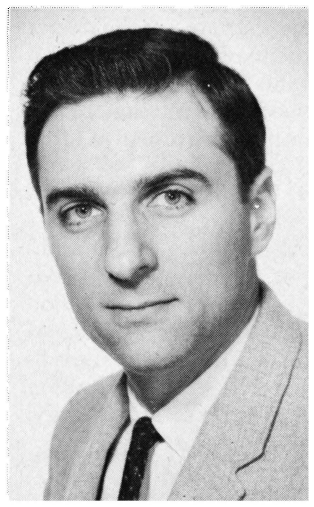--- Programmer Melvin Conway (1968), in How do Committees Invent?, Datamation 14 (5): 28–31 [pdf] (h/t John Helm, see also Wikipedia, Conway's law)
Conclusion of the Datamation article
The basic thesis of this article is that organizations which design systems (in the broad sense used here) are constrained to produce designs which are copies of the communication structures of these organizations. We have seen that this fact has important implications for the management of system design. Primarily, we have found a criterion for the structuring of design organizations: a design effort should be organized according to the need for communication.
This criterion creates problems because the need to communicate at any time depends on the system concept in effect at that time. Because the design which occurs first is almost never the best possible, the prevailing system concept may need to change. Therefore, flexibility of organization is important to effective design.
Ways must be found to reward design managers for keeping their organizations lean and flexible. There is need for a philosophy of system design management which is not based on the assumption that adding manpower simply adds to productivity. The development of such a philosophy promises to unearth basic questions about value of resources and techniques of communication which will need to be answered before our system-building technology . can proceed with confidence.
Conway's Law is sometimes invoked in the slogan, “Don’t ship the org chart” (see, e.g., Marcelo Calbucci post on LinkedIn).






